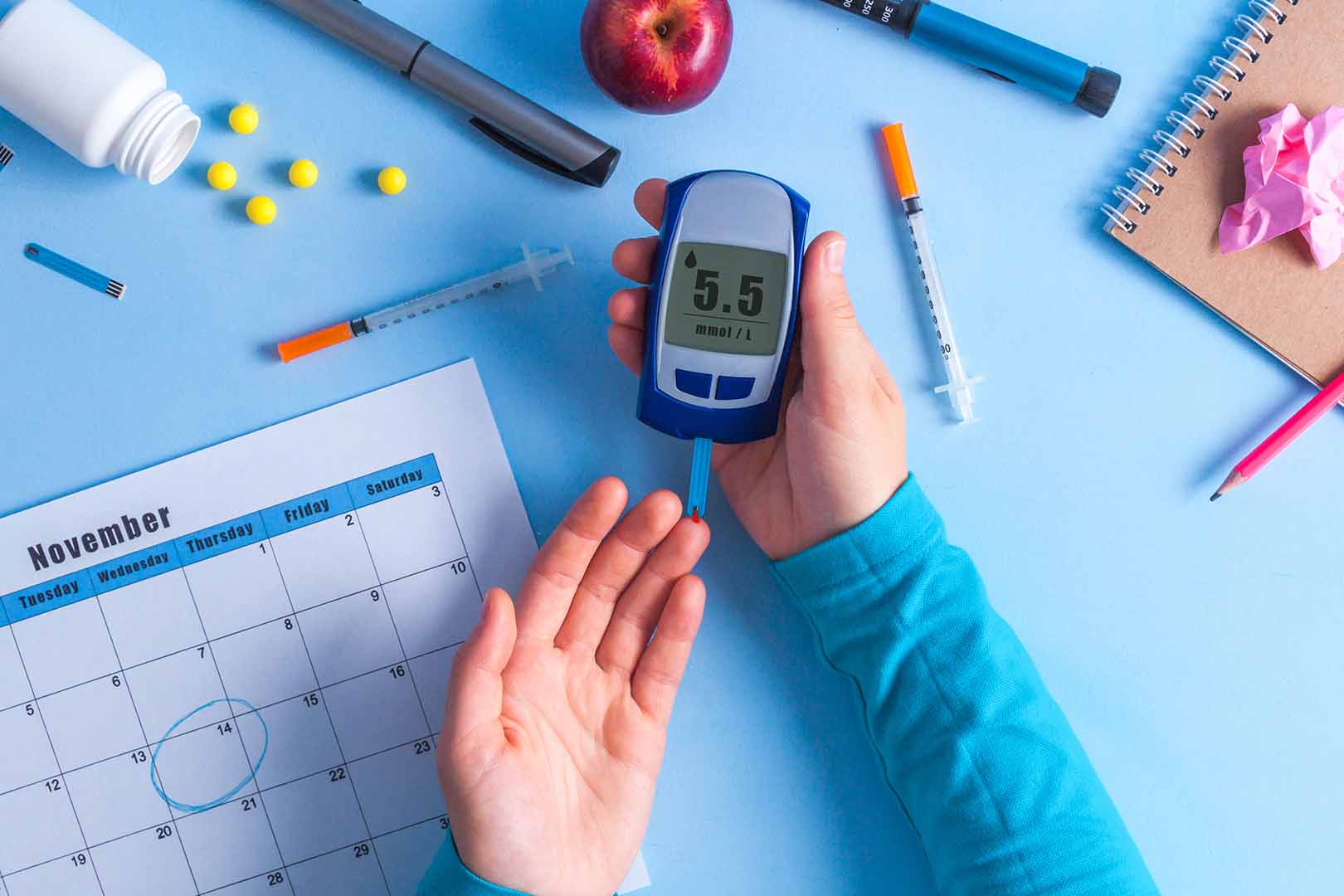
The Definition Of Diabetes Milletus, the World Health Organization (WHO, 2016) describe Diabetes Mellitus as a chronic condition in which the pancreas does not produce enoughht insulin or when the insulin produced by the body is not effectively absorbed. According to the International Diabetes Federation (IDF) in the 9th edition of the IDF Diabetes Atlas, In 2021, it ia a estimated that there are around 537 million adults worlwide who have diabetes milletus (DM). The global prevelence of DM in the adult popuation ia a estimated to be around 10.5%. The Managemen Of Diabets Milletus can be done by adopting a healthy lifestyle, which includes the following steps:
- Nutritional therapy is necessary for Dm patients to maintain stable blood glucose levels.
- Aquatic therapy is an effective and enjoyble physical exercise for reducing blood glucose levels in DM patients.
- Regular monitoring of blood glucose levels to ensure profer control.
Optimizing Blood Glucosw Control With Aquatic therapy. Aquatic theraphy provides several benefits for diabetes patients, including:
- Reducing the risk of injury by relieving joint and bone stress throught water-based activities.
- Improving blood glucose control by enhancing insulin sensitivity and glucose utilizition in the body.
- Enhancing balance and coordination.
- Aquatic theraohy also helps in relieving stress, omproving mood, and enhanching leep quality, which are crucial in deabetes management.
The Importance of Nutritional Therapy in the Management of Diabetes Mellitus. Nutritional therapy plays a crucial role in the management of diabetes mellitus (DM). Here are some key principle of nutritional therapy commonly applied to DM patients:
- Regular portion control is highly recommendes for DM patients to regulate blood sugar levels.
- Hight dietary fiber intake is beneficial for controling blood sugar and maintaining digestive health.
- Limiting saturated fats and trans fats, which can increase the risk of heart diseas, is advised.
- Choosing healthy source of protein as lean meat, fish, legumes, and low-fat dairy products is also recommoended for DM patients.
- Consulation with a competent nutritionist specialized in DM management is essential to develop a personalized nutrition plan based on your specific needs and condition.








